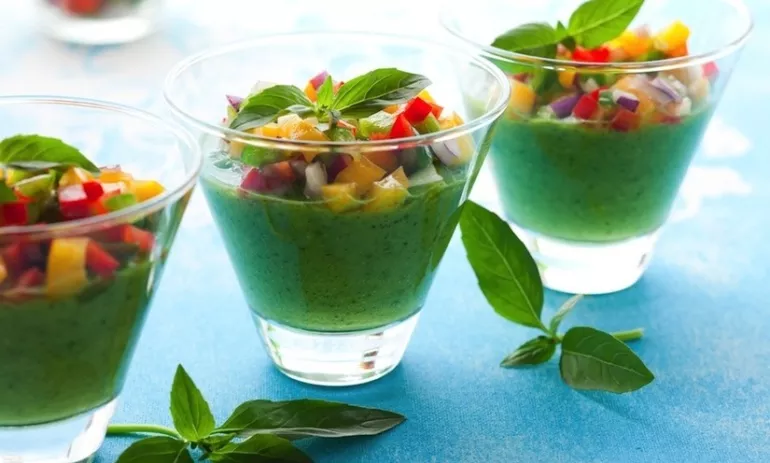
You’ve decided to avoid animal products and jump into plant-based eating but you’re wondering what your three meals a day and snacks are going to look like. How will you order at restaurants? What do you need to stock up on at home?
As a cardiologist, I’ve discussed this process with thousands of patients because no-added-oil vegan diets (such as the Ornish and Esselstyn diets) have been shown to reverse heart artery disease and prevent heart attacks. I routinely use one or all of the following resources to guide my patients through this transition.
1. Check out free starter guides.
Here are some organizations with some great free resources to help you get started on a plant-based diet:
- Kaiser Permanente The largest managed care organization in the USA provides strong medical support for a whole foods plant-based diet, as well as pages of practical tips in their downloadable resource.
- Physicians Committee for Responsible Medicine (PCRM) This organization, led by Dr. Neal Barnard, maintains high standards and does original research. For example, PCRM has found evidence that diabetes mellitus in adults can be treated and reversed with plant-based diets. Their Vegetarian Starter Kit is excellent.
- People for The Ethical Treatment of Animals (PETA) This group does great work exposing animal cruelty and their Vegan Starter Kit to eating is an important resource, offering a two-week meal plan, tips to make the transition, and a list of foods to eat.
- Vegan Outreach This non-profit organization does wonderful work on college campuses reaching almost a million students a year. Their guide to cruelty-free eating is excellent; it features dozens of recipes, plus information about vegan philosophy and nutrition.
2. Watch helpful (and inspirational!) videos.
- Forks Over Knives I ask all of my patients to watch this documentary with their family. It makes a bigger impact on deciding to eat a healthier diet than any other resource I’ve found. The film’s website has a guide to eating that is another great resource.
- Animals Deserve Protection Today and Tomorrow (ADAPTT) This is a website created by animal liberation activist Gary Yourofsky and features his viral 70-minute speech making the case for a vegan diet. The site has great resources for changing to plant-based nutrition.
- The Ultimate Guide To Plant Based Nutrition MindBodyGreen offers a video course that is a home run with Rich Roll and Julie Piatt. It’s not free, but the 3.5 hours of practical information and kitchen skills are second-to-none in value.
3. Find full nutrition plans.
- PCRM offers a 21-day complete vegan program called the Vegan Kickstart. It’s free and includes celebrity tips, meal plans, webcasts, restaurant guides, daily messages, and a community forum. It is run beginning the first of every month, is free, and is even available in several languages. I highly recommend signing up.
- PETA offers a complete two-week nutrition plan for free including what to eat, what to make, and where to eat. I have found this to be a helpful resource.
While diet is a personal matter, increasing scientific evidence drawn from longitudinal studies such as the Adventist Health Study, the EPIC-Oxford Study and other large databases indicate that the lowest rates of chronic diseases occur in people who don’t eat meat, eggs and dairy and instead consume mostly plant-based foods.
The resources above can be of use to anyone hoping to improve health, reverse disease, or manage weight. Eating a plant-based diet reduces damage to the planet and animals while making you healthier. It’s a win-win-win we can all embrace.
Originally posted on MindBodyGreen.com

